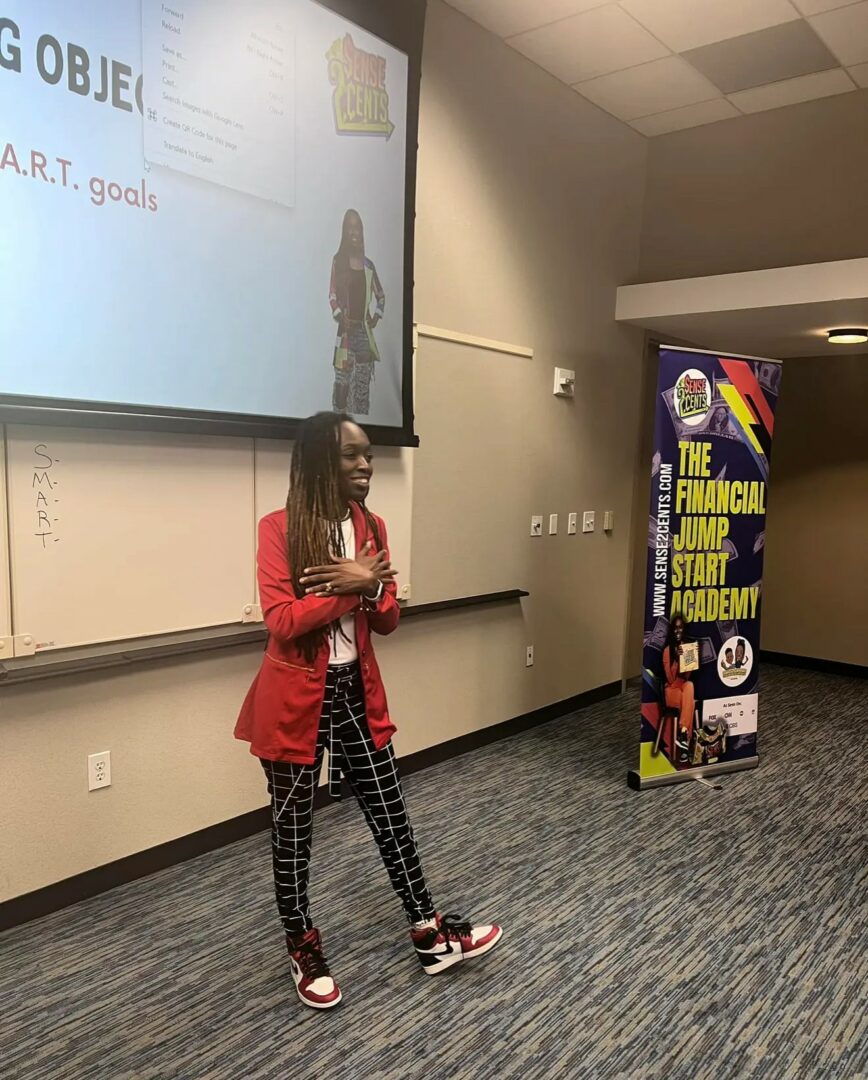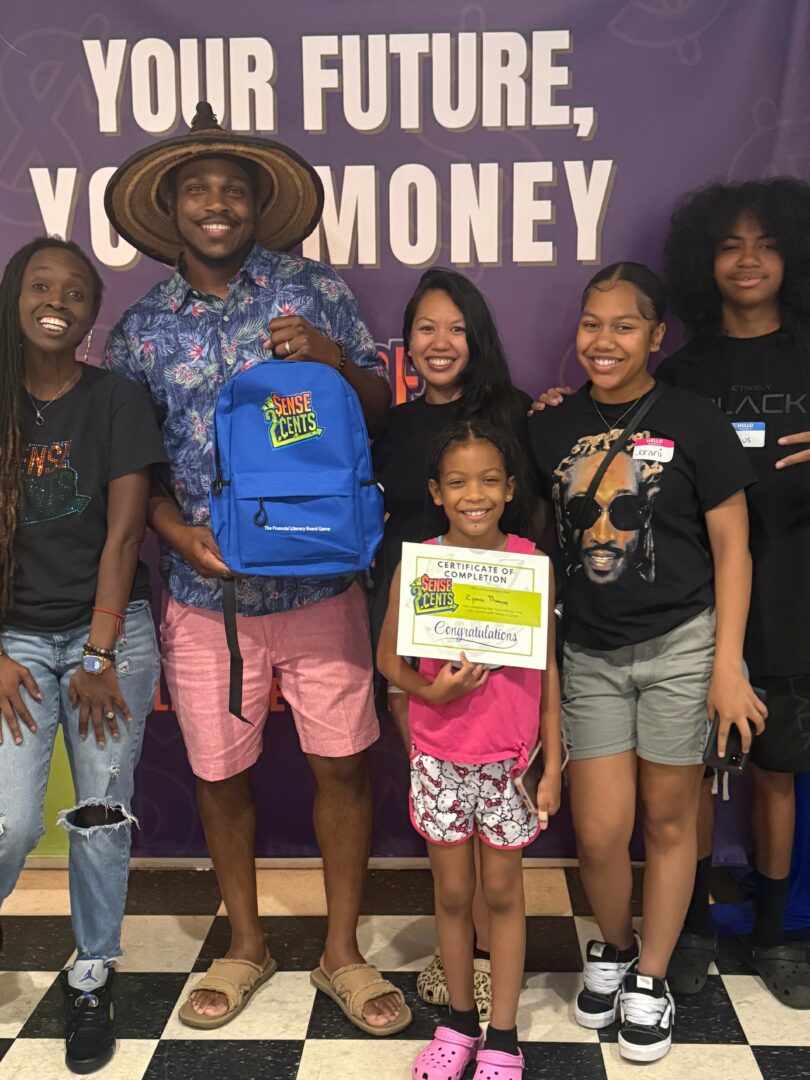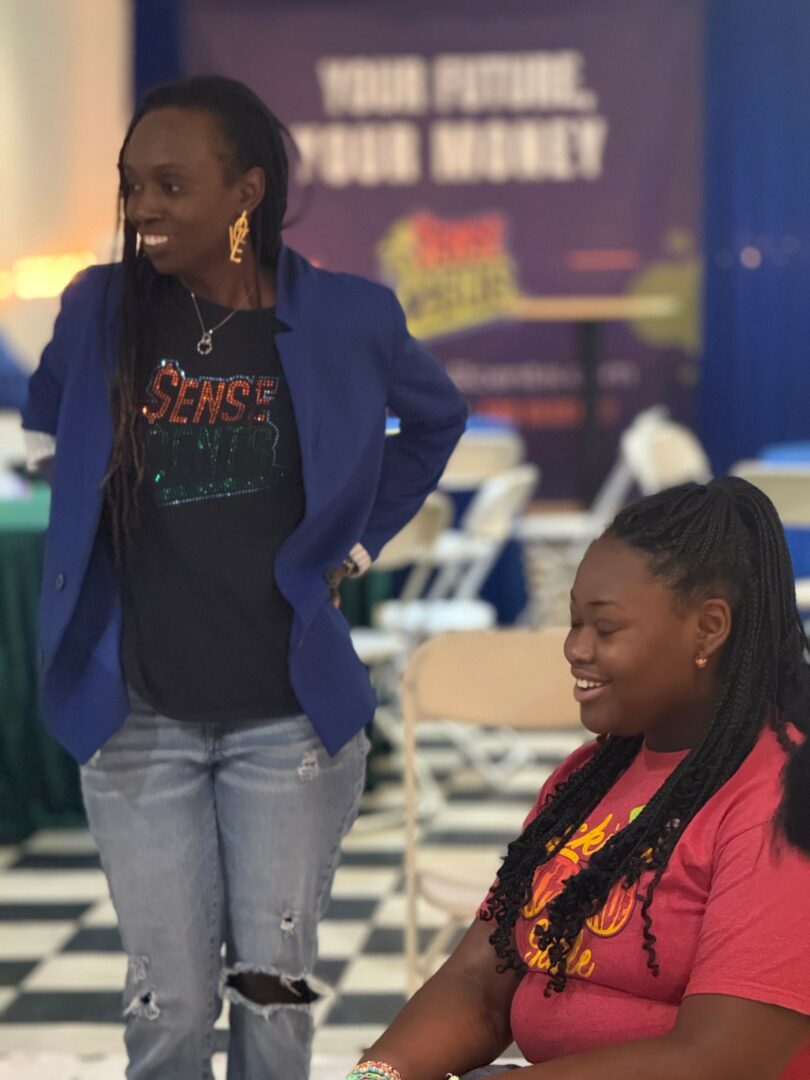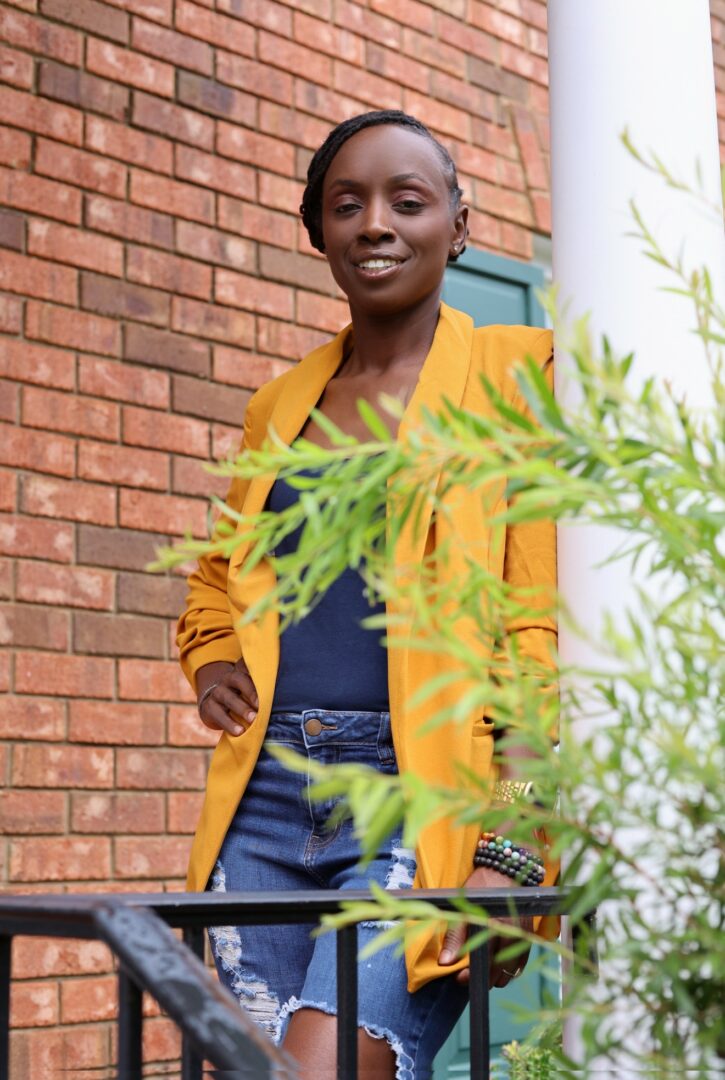Ashley Clark shared their story and experiences with us recently and you can find our conversation below.
Ashley , we’re thrilled to have you with us today. Before we jump into your intro and the heart of the interview, let’s start with a bit of an ice breaker: What is something outside of work that is bringing you joy lately?
Line dancing with my cousin has been bringing me so much joy lately. After a 10-year break, getting back to it feels like we’re reclaiming a part of ourselves we put on pause when we became moms. It’s something we used to do all the time before we had kids, and now it’s become an outlet — fun, freeing, and a reminder that joy can live in the simple, rhythmic moments we carve out for ourselves.
Can you briefly introduce yourself and share what makes you or your brand unique?
I’m Ashley, the founder and CEO of Sense 2 Cents®, a movement and brand that’s changing the way families learn about money. I make financial literacy fun, relatable, and practical—especially for kids, teens, and parents. Through tools like flashcards, board games, and live workshops, I help families feel confident about saving, spending, investing, and even starting businesses. My mission is to normalize financial education at home and empower the next generation to build wealth with wisdom, not just dreams. From classrooms to kitchen tables, I’m creating legacy, peace, and unforgettable learning moments one money lesson at a time.
Appreciate your sharing that. Let’s talk about your life, growing up and some of topics and learnings around that. What part of you has served its purpose and must now be released?
The part of me that over-explains to be understood. I’ve realized that constantly trying to prove I’m good, smart, or “enough” isn’t serving me anymore. It came from a place of survival, but now it’s just keeping me small. I’m learning to let my presence, peace, and purpose speak louder than my defense.
What did suffering teach you that success never could?
Being diagnosed with MS forced me to release the hustle mindset and sit with stillness, discomfort, and uncertainty. Success never taught me that. It pushed me to go harder. But suffering showed me how to soften, how to ask for help, how to find peace without performance. It reminded me that my worth isn’t in what I produce—it’s in who I am, even when everything feels out of my control.
Sure, so let’s go deeper into your values and how you think. What’s a belief or project you’re committed to, no matter how long it takes?
I’m committed to making financial literacy a normal, everyday part of family life—just like bedtime stories or dinner at the table. I believe kids shouldn’t have to wait until adulthood to learn how money works, and parents shouldn’t feel ashamed for not being taught either. Whether it takes years or decades, I’m building a movement that empowers families to create wealth with confidence, clarity, and peace—one lesson, one game, one conversation at a time.
Before we go, we’d love to hear your thoughts on some longer-run, legacy type questions. When do you feel most at peace?
I feel most at peace when I’m near water—walking the beach, hearing waves, or even just watching the wind move through the trees. It’s in those quiet moments, away from the noise and pressure, where I remember who I am. No titles, no deadlines—just me, breathing, grateful, and fully present.
Contact Info:
- Website: https://Www.Sense2cents.com
- Instagram: https://Instagram.com/sense2cents
- Youtube: Sense 2 Cents



Image Credits
Headshot:Confident Studios
so if you or someone you know deserves recognition please let us know here.




